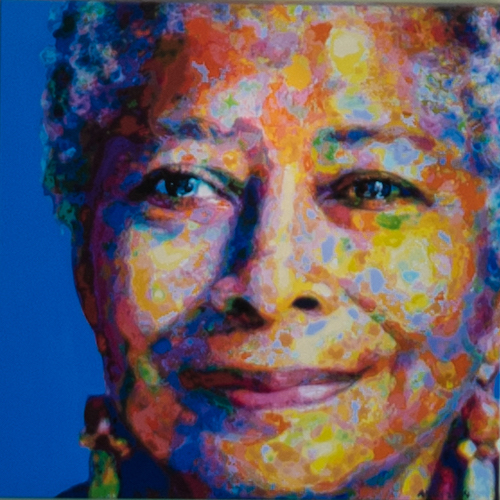

This Friday! Join Busboys and Poets as we welcome Afro-Cuban Poet, Critic and Essayist Nancy Morejón to Busboys and Poets for a welcoming reception and celebration! Morejón is best known for her widely translated poetry emphasizing issues of ethnicity, gender, history, politics, and Afro-Cuban identity.
Nancy Morejón is the best known and most widely translated woman poet of post-revolutionary Cuba. Born in 1944 in Havana to a militant dock worker and a trade-unionist seamstress, Morejón graduated from Havana University, where she majored in French, and the first black woman poet to publish widely and be accepted as a professional writer, critic, and translator. Morejón is recipient of the Critic’s Prize (1986) and Cuba’s National Prize for Literature (2001). She has collaborated with prominent musicians, playwrights, and actors, and recently extended her artistic talents into the visual arts. Currently, she directs the Caribbean Studies Center at Casa de las Américas, Havana, epicenter of Cuban and Latin American intelligentsia.
Morejón’s work addresses contemporary issues of ethnicity, gender, history, politics, and Afro-Cuban identity. Her poems stand as vibrant reflections on the intermingling of Spanish and African cultures in Cuba, what it means to be a child of both traditions, and how the bright threads of this heritage are part of the greater web of the African experience in the Americas.
Like her mentor the legendary poet Nicolás Guillén, Morejón celebrates blackness but refuses to inscribe identity or struggle within the parameters of any single factor. “I am, at once, Nancy Morejon,” she says, “an individual, a unity, who cannot be subdivided into parts as one does when learning math…I am not more of a black person than a woman; I am not more of a woman than a Cuban; I am not more of a black person than a Cuban. I am a brief combustion of those factors.”
This “brief combustion” has resulted in a poetry of quick fire and steadily burning flame, and, as poet Jayne Corte writes, “lyrical, compassionate, complex, and dazzling in their subtleties.”